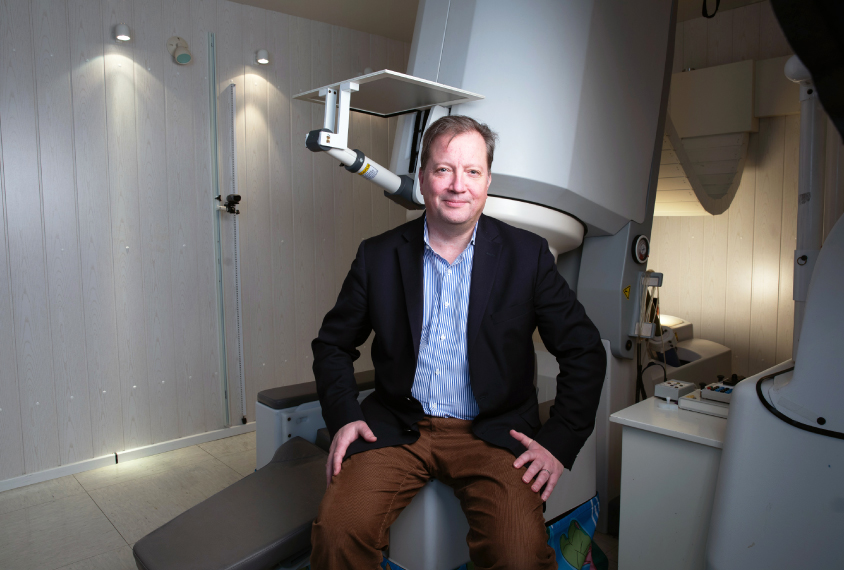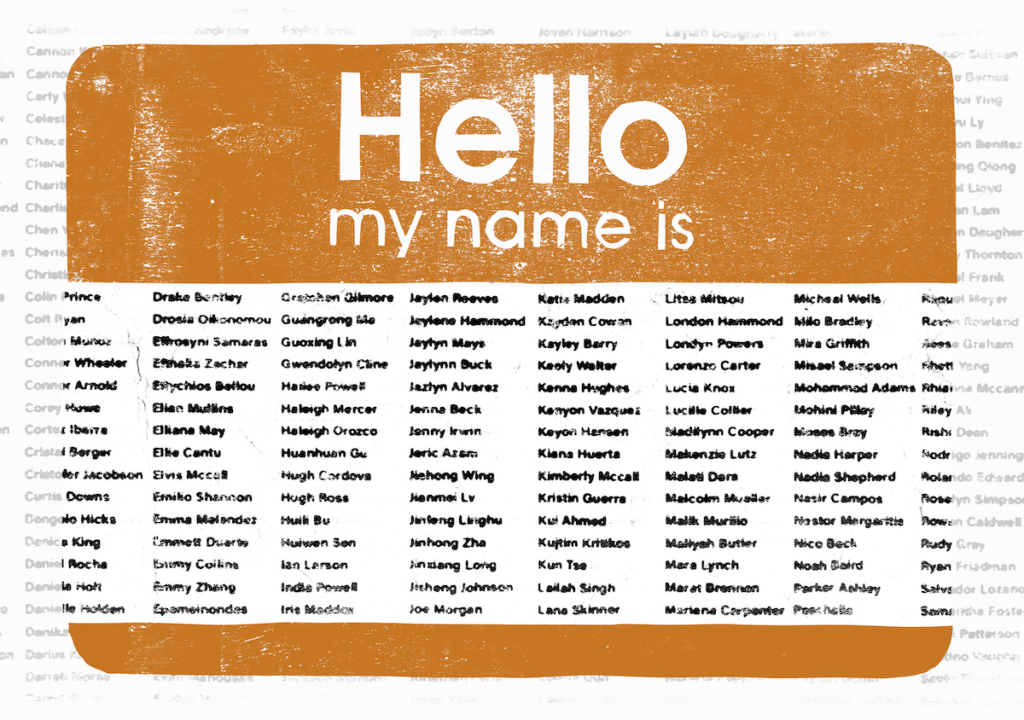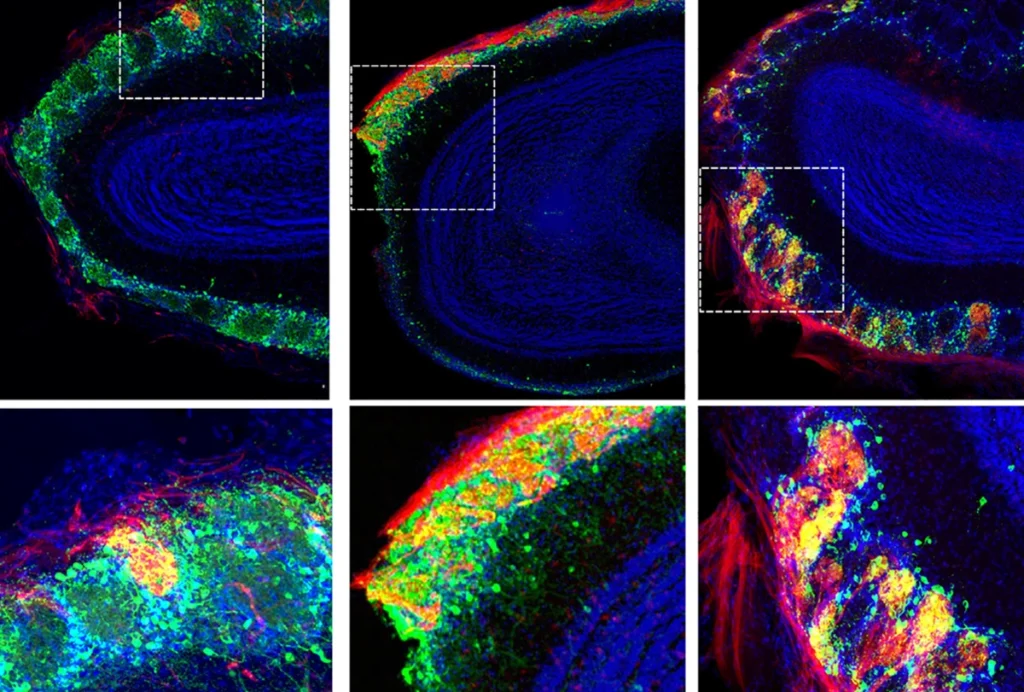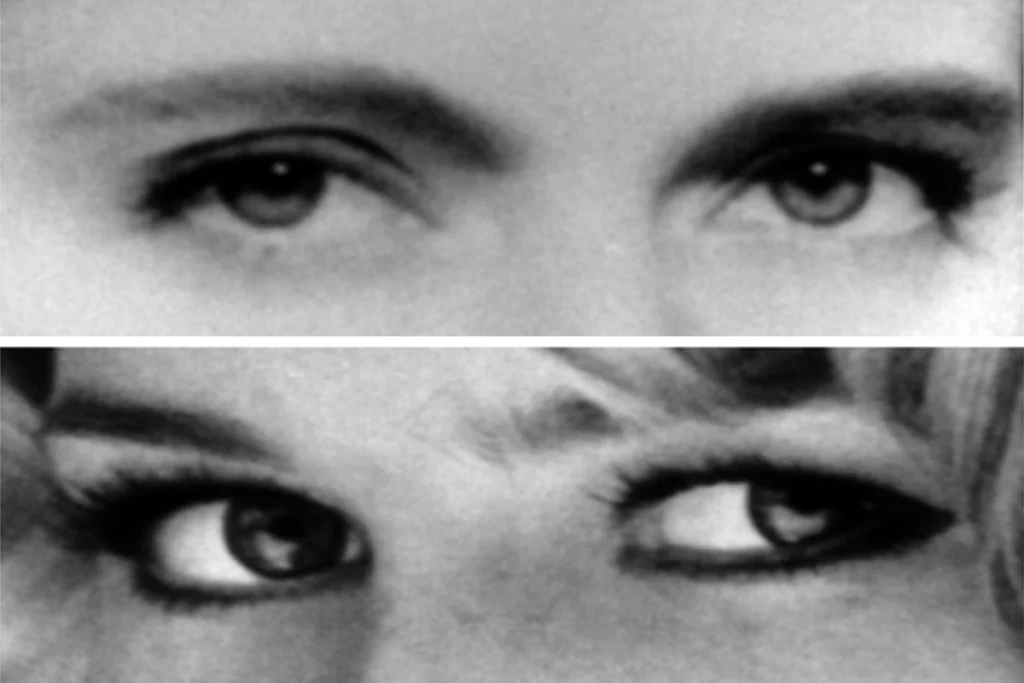Timothy Roberts is Oberkircher Family Chair in Pediatric Radiology and vice-chair of radiology research at the Children’s Hospital of Philadelphia. He is also professor of radiology at the University of Pennsylvania.

Timothy Roberts
Professor of radiology
Children's Hospital of Philadelphia
From this contributor
In quest for autism biomarkers, this technique has magnetic appeal
To find biological markers of autism, scientists would be wise to measure the brain's electrical activity along with the resulting magnetic fields.

In quest for autism biomarkers, this technique has magnetic appeal
When tracking brain activity, timing can be key
A brain imaging technique called magnetoencephalography characterizes not just what is happening in the brain, but also where and when, making it ideally suited for studying autism.

When tracking brain activity, timing can be key
Imaging biomarkers could signal autism spectrum disorder
There does not appear to be a single genetic or environmental cause of autism, and given the heterogeneity of symptoms, coming up with a clear yes or no test for autism is challenging. Timothy Roberts argues that imaging and electrophysiology are key in the search for autism biomarkers.

Imaging biomarkers could signal autism spectrum disorder
Explore more from The Transmitter
At the credit crossroads: Modern neuroscience needs a cultural shift to adopt new authorship practices
Old heuristics to acknowledge contributors—calling out first and last authors, with everyone else in between—don’t work well for large collaborative and interdisciplinary projects, yet they remain the default.

At the credit crossroads: Modern neuroscience needs a cultural shift to adopt new authorship practices
Old heuristics to acknowledge contributors—calling out first and last authors, with everyone else in between—don’t work well for large collaborative and interdisciplinary projects, yet they remain the default.
Rat neurons thrive in a mouse brain world, testing ‘nature versus nurture’
Neurons from the two rodents can wire up together to form functional circuits—all while maintaining some species-specific properties, two new studies show.

Rat neurons thrive in a mouse brain world, testing ‘nature versus nurture’
Neurons from the two rodents can wire up together to form functional circuits—all while maintaining some species-specific properties, two new studies show.
It’s past time to stop using the Reading the Mind in the Eyes Test
The widely used measure of “theory of mind” needs to be re-examined, along with the long-standing claim that autism is linked to a lack of this ability.

It’s past time to stop using the Reading the Mind in the Eyes Test
The widely used measure of “theory of mind” needs to be re-examined, along with the long-standing claim that autism is linked to a lack of this ability.